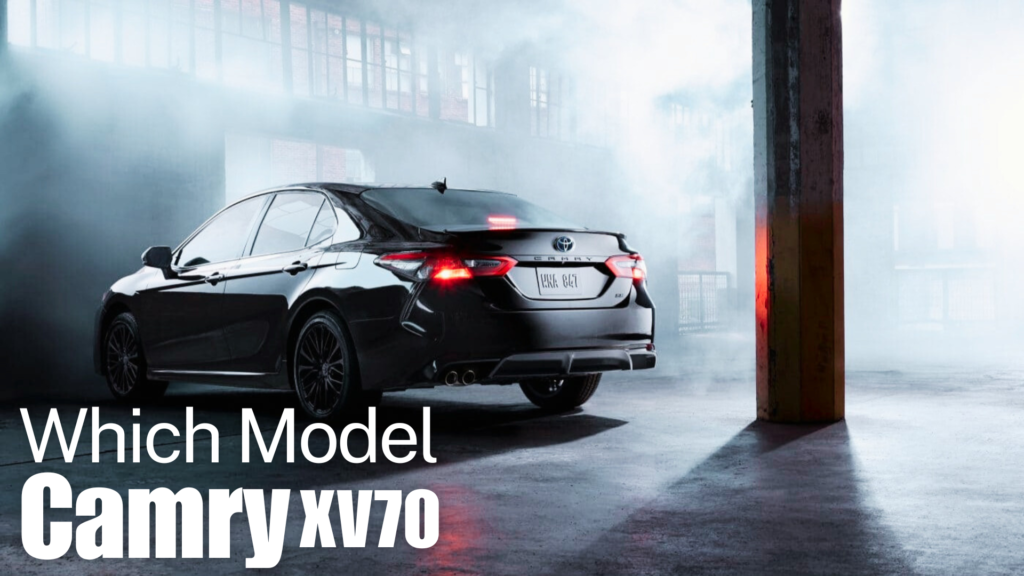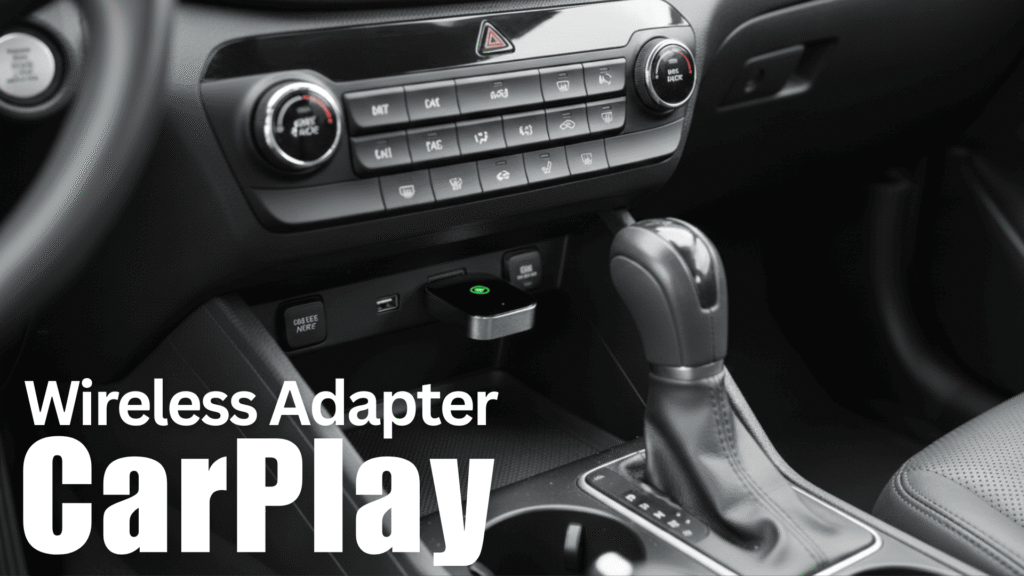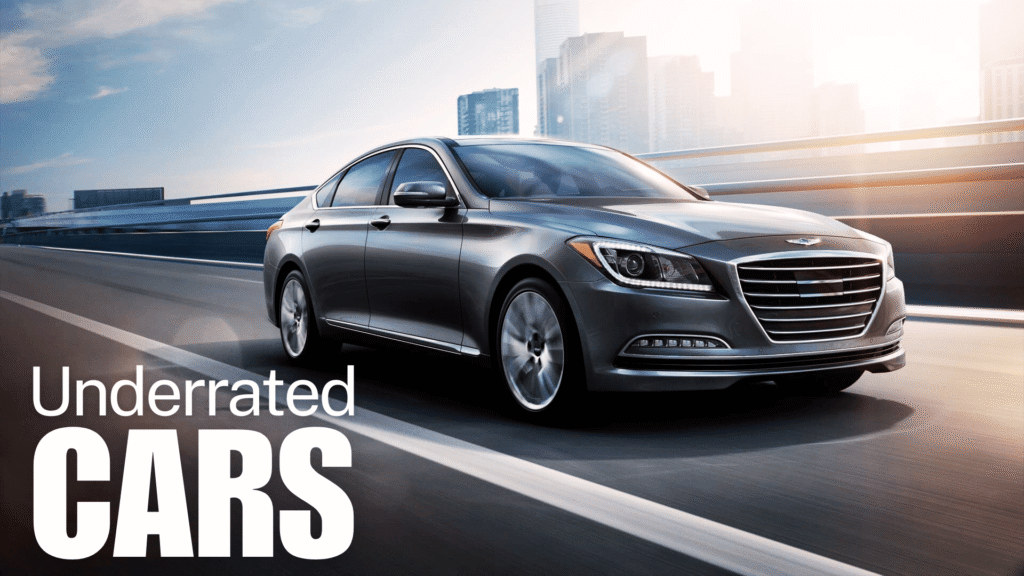Have you ever wondered why Chinese electric cars took so long to break into the US market and thought it seemed unfair? Or maybe you’ve come across an amazing review of a Chinese car on Instagram or YouTube and felt tempted to give it a shot.
If you answered yes, keep reading—we’re about to dive into the bigger picture and explore whether buying Chinese electric cars is truly a good option for you.
Key Takeaway
- Chinese cars may be affordable, but consider quality and durability.
- Economic impact on U.S. auto jobs.
- Long-term costs associated with ownership.
- Government involvement in the Chinese car industry.
- Evaluate safety features of the EVs, don’t compromise safety for cost.
- Not all EVs are equally environmental-friendly- consider the entire lifecycle.
- Consider the impacts of fluctuations in international trade policies on EV prices.
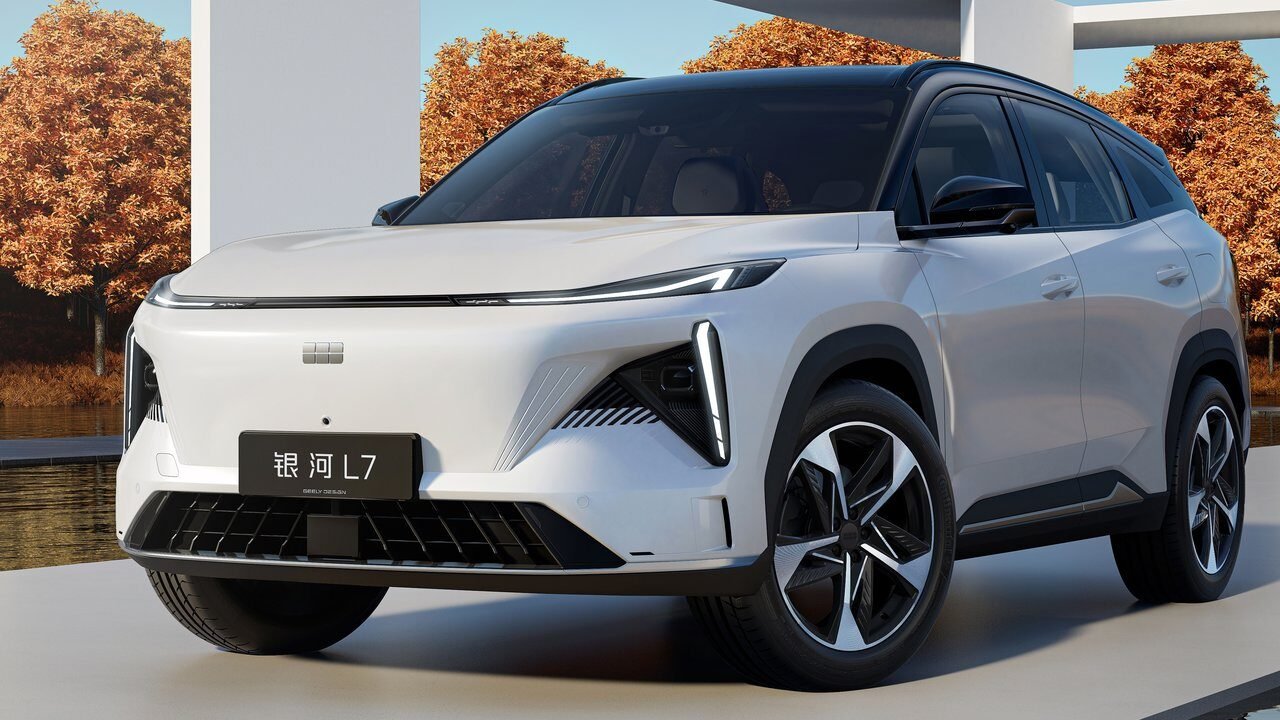
What is Driving the Popularity of Chinese cars and EVs?
The main reasons Chinese cars are so popular are their lower prices and the generous list of standard options. They’re not only cheaper than American and European cars, but their new styling is also a big draw for many customers. We think the Chinese have nailed it with this strategy, following in the footsteps of the Koreans and Malaysians.
While basing a buying decision on looks alone might seem superficial, aesthetics actually matter a lot to many less experienced customers.
That’s why hiring top Western designers like Kris Tomasson (formerly of BMW), Wolfgang Egger (formerly of Audi), and Stefan Sielaff (formerly of Audi) has significantly changed how people perceive “made in China” vehicles today.
What are the Quality and Safety Concerns with Chinese cars and EVs?
One of the main concerns with Chinese EVs is their passive safety ratings. While we have seen some improvements in crash test results, especially from ANCAP and Euro NCAP in recent years, we cannot fully trust these results until we see similar ratings published by the IIHS.
There have been incidents of crash test results being manipulated by some established manufacturers, which you can read more about in the following link. This makes our suspicion even more valid when it comes to Chinese manufacturers.
On the other hand, the IIHS buys most of the cars they plan to test directly from the market like any other customer, which is why their results are highly trusted. This means only those Chinese cars that are allowed into the market can be tested by them.
Are Chinese EVs Reliable? The “Made In China” Stigma
I’m a bit reluctant to refer to J.D. Power’s dependability studies in general because they typically only cover the first three years of ownership. Real-life experience often shows that problems mostly start in cars after three or four years. However, even with that metric, the gap between the ‘pure Chinese brands’ and ‘mash-up Chinese brands’ in the list above is still obvious.
Another factor to consider is that the Toyota cars manufactured in China, either through partnerships with FAW or GAC, are already better than most other brands but might still fall short in quality compared to Toyotas sold elsewhere. This means that in the long run, the actual quality gap between Chinese cars and others might be larger.
Reliability is a crucial factor when it comes to buying a car, especially for EVs, because electric glitches and malfunctions happen instantaneously, unlike mechanical failures, which occur gradually with visual and sometimes audible signs.
Since Chinese EVs are relatively new to the market, there is inadequate data on their long-term reliability, making buying a Chinese EV a bit of a gamble.
What are the Cybersecurity Risks of Chinese EVs?
After the US ban on some Chinese telecommunication manufacturers such as Huawei and ZTE over fears of Cybersecurity, this same issue is becoming an increasingly serious one in the auto industry as well, and Chinese EVs again have raised concerns in this area.
As there are fears that Chinese EVs could be part of a cyber espionage or data theft attempt. In addition, there have been reports of Chinese-made EV components containing malware or other security vulnerabilities. More on that in the following link.
How Do Tariffs Affect the Price of Chinese cars and EVs?
The new tariff on Chinese goods that’s going to start in 2026, is going to make importing Chinese EVs more expensive, which can increase their price for consumers and therefor lose one of their biggest advantages over other EVs.
However, some Chinese EV manufacturers are planning to build production facilities in the U.S. or other countries to avoid such tariffs and reduce costs.
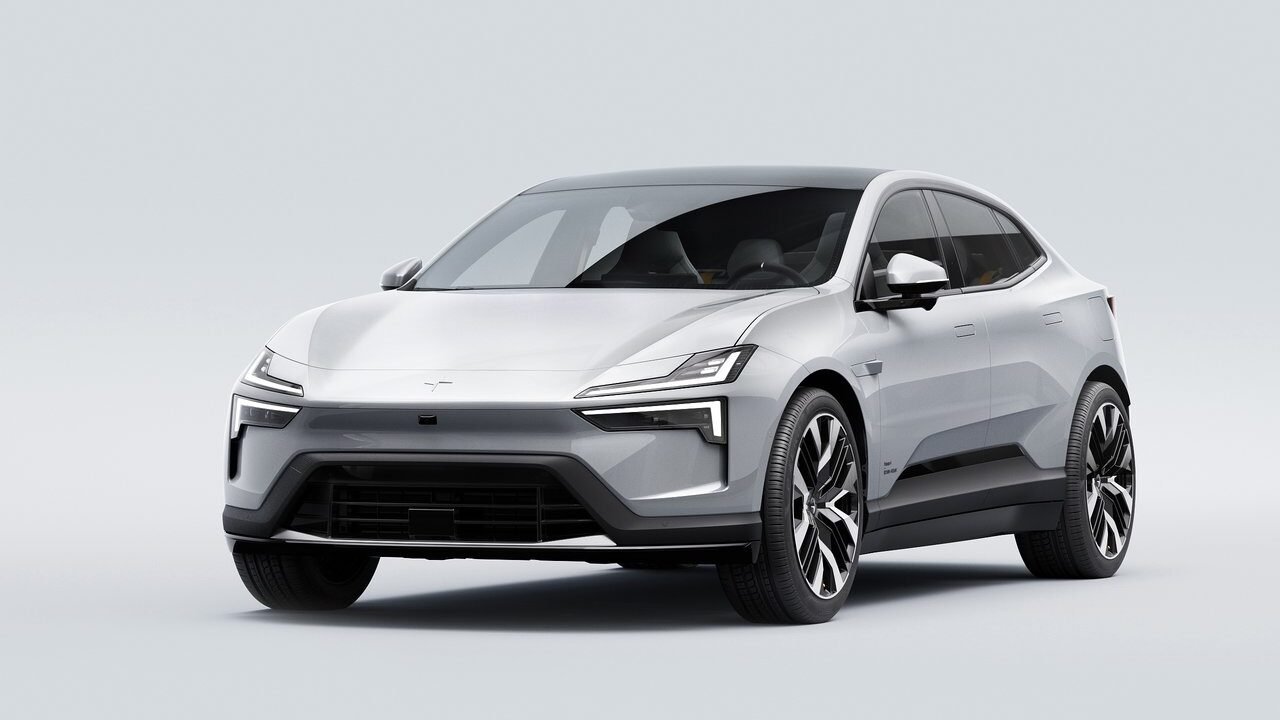
Which Chinese EV Brands are Sold in the U.S.?
As of now no Chinese EV brand is on sale in the U.S. due to regulatory hurdles or distribution challenges. However, Polestar which is a subsidiary of Volvo is selling two Chinese made EV models in the US market, the Polestar 2 and Polestar 4.
Can Chinese EVs Compete with Tesla and Other Popular EVs?
Chinese EV manufacturers are investing heavily in research and development to compete with Tesla and other popular EV brands. While Chinese EVs are generally cheaper than their American and European counterparts, they may not offer the same level of performance, range, or luxury.
However, some Chinese EV brands like NIO is positioning itself as premium EV brands to compete with Tesla and traditional luxury car manufacturers.
What are the Environmental Impacts of Chinese EVs?
While EVs are generally better for the environment than gasoline-powered cars, the production and disposal of EV batteries can have significant environmental impacts. China is the largest producer of EV batteries and there is a lot of concerns about the transparency of how to manage recycled waste.
How Do Chinese EVs Dominate the EV Market?
With significant investment backed by the Beijing government, Chinese car companies have managed to flood the automotive market with their EVs. While the allure of cheap Chinese EVs might be tempting, let’s delve deeper into whether affordability equates to quality.
The Quality of Chinese Electric Cars: Cheap Price, Cheap Build?
A common perception about Chinese products, not limited to EVs, is their questionable quality. From inferior raw materials to subpar manufacturing processes, can Chinese EVs really measure up to their Japanese, Korean and European counterparts? We don’t think so, at least not yet.
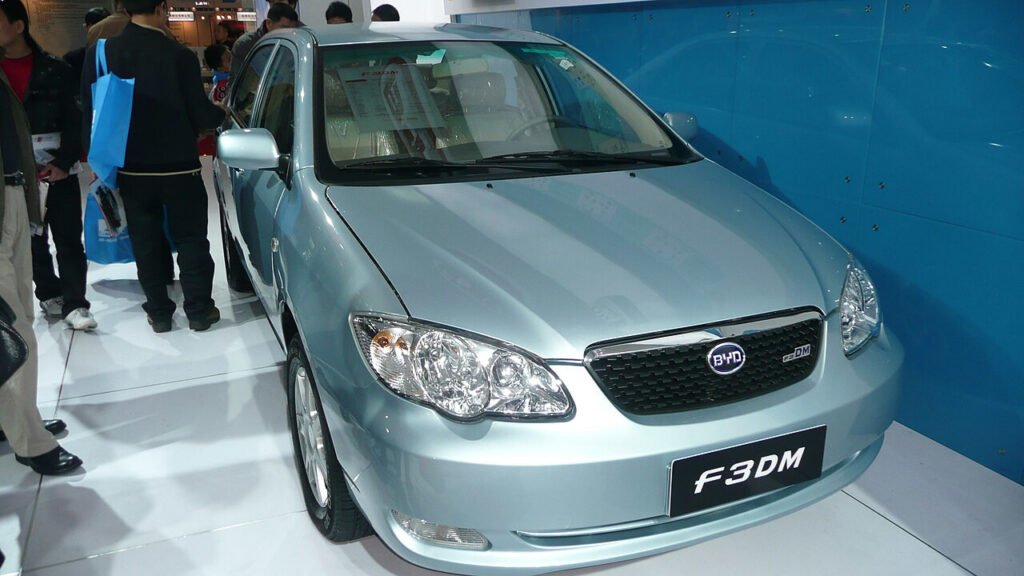
I remember driving a BYD F3 about 10 years ago. It wasn’t a brand new car, but it wasn’t old at the time either. Driving that car was so uncomfortable and even felt unsafe as it was all shaky and producing all sorts of noises. Maybe it was poorly maintained by its first owner, but it was still quite odd!
BYD: Leading the Pack for Chinese EVs – But Is It Really Worth It?
Right up there with big names like Tesla, BYD is showing the world what Chinese car makers can do, aiming to change how people think about the quality of Chinese electric vehicles. But does what we see really hold up against the buzz? Like with any car, it’s time that will truly tell us if it’s reliable.
Automakers in the U.S vs China: A Comparative Analysis
Chinese auto manufacturers face stiff competition from established American companies, particularly with respect to EVs. In this comparison, we seek to unravel whether U.S EVs offer better value for money over Chinese-made EVs.
Safety Concerns Associated With Chinese EV batteries
In 2022, reports surfaced saying that in China, about 7 to 8 electric cars catch fire per day. That means 2,920 cars per year, which is confirmed by an article in EnergyTrend. This number is massive! In comparison, in 2023, the total number of electric cars that caught fire in the USA was 52 only.
This clearly highlights the quality issues with Chinese EV cars. Even though the Chinese government introduced stricter safety regulations for electric cars in 2021, the incidents seem to persist.
Environmental Impact of Electric Cars: Do Chinese EVs Pass the Test?
The “clean energy” promise of EVs involves more than just zero tailpipe emissions. From manufacturing to battery disposal, we question whether Chinese EVs truly live up to this promise.
And the lack of transparency typically associated with the Chinese government doesn’t help in this regard.
Do Chinese Electric Vehicles Match the Quality of Other EVs?
Another crucial consideration is whether Chinese EVs can deliver the same quality and driving experience as electric cars from more established automotive brands. While the build quality and reliability of Chinese vehicles have improved over the years, there are still lingering questions.
Some Chinese automakers have faced challenges with inconsistent quality control. This has led to safety concerns and frustrating issues for owners of certain Chinese car models. There have been instances of batteries catching fire and recalls for serious defects more than any other manufacturer. So although not all Chinese vehicles are problematic, we still can’t completely ignore these issues.
In contrast, brands like Toyota and even Tesla, have earned strong reputations for performance and owner satisfaction. So we are yet to see if affordable Chinese electric cars can consistently match the durability and driving experiences delivered by other cars and EVs over the long haul.
Will Buying a Chinese Car Help or Hurt the American Auto Industry and Economy?
The growth of Chinese car brands in the U.S. also raises economic and political concerns. Some worry that a flood of cheap Chinese EVs could undermine American automakers. The U.S. auto industry is a major employer, and losing market share to subsidized Chinese competition could threaten manufacturing jobs.
There are also fears that becoming reliant on China for a large portion of EVs could make the U.S. beholden to decisions made by the Chinese government. Moves made by Beijing have impacted Chinese companies in other industries, sometimes disrupting supplies of products and materials. Hypothetically, China could leverage its position in the American auto market to exert pressure and influence U.S. policy.
On the other hand, proponents argue that competition from China is essential in order to accelerate EV adoption and make electric cars more affordable for middle-class Americans. There are also those who believe Chinese partnerships and investments could help create new opportunities and innovations in the U.S. automotive sector. Ultimately, the economic impact of Chinese cars in America is still a complex, developing issue without easy answers.
Are There Enough Charging Stations and Infrastructure to Support Chinese EVs?
Having sufficient access to charging is a key consideration for any EV purchase. Some Chinese electric cars may use different charging standards and plug types than what you can find at American charging stations. This could create unwanted hassles and limitations for owners of certain Chinese vehicle models.
Until there is more standardization and interoperability between Chinese and non-Chinese EVs and charging equipment, this is an important factor for potential buyers to investigate. Having easy access to fast, reliable charging makes a huge difference in the EV ownership experience.
What Are the Potential Data Privacy and National Security Risks of Chinese Cars?
Data privacy and national security concerns regarding Chinese-made products have become an increasingly high-profile issue in recent years. There are serious questions about the data collection practices of certain Chinese companies and whether the Chinese government have access to these information.
Specific to vehicles, there are fears that location data, driving behaviors, and even audio/video could be transmitted from Chinese cars without the owner’s knowledge.
A 2021 U.S. Senate committee hearing explored potential threats posed by data collection from Chinese-made EVs and automotive components. They warned China’s access to sensitive data from vehicles could become a serious national security vulnerability as the use of these data for surveillance, industrial espionage, and to undermine American economic competitiveness is highly possible.
Automakers and automotive cyber security experts say strong safeguards are in place to prevent such breaches and protect customer data. They contend that it would be incredibly risky for any company to jeopardize their reputation with intentional spying.
However, at a minimum, the possibility of privacy violations and data ending up in the wrong hands is something that anyone considering a Chinese EV should carefully weigh.
Are Chinese Electric Cars Right for You? What About Resale Value?
On the surface, many Chinese EVs appear to offer significant cost savings compared to popular electric cars from American, Japanese, and European brands. However, you have to factor in two things: first, the cost of repairs after the warranty expires, and second, the resale value of the Chinese car.
Resale value heavily relies on the reputation and proven reliability history of the car, so without reliable data, you’d likely find it difficult to sell your Chinese car compared to other brands.
So while a cheap Chinese electric car may seem like an attractive deal, the true cost difference is more complex. Buyers should closely compare the total costs and included features before concluding that Chinese EVs offer unbeatable value.
Conclusion
In conclusion, here are the key points to keep in mind when considering whether to buy a Chinese electric car:
- Chinese EVs may not be as cheap as they initially appear once you factor all costs in.
- The long-term quality and reliability of Chinese cars is still not definitively proven.
- Buying Chinese vehicles could negatively impact U.S. manufacturing jobs and the economy.
- Chinese EVs might have limited access to charging stations and infrastructure in the U.S.
- There are concerning privacy and security risks related to potential data collection by Chinese cars.
- It’s important to carefully compare Chinese EVs to other EV options to determine the best fit for your needs.
Some Useful FAQs
- What is the Quality of Chinese Cars Sold in the U.S.? Right now the only Chinese manufactured cars belong to American and European manufacturers like Buick and Volvo. So there should be no issues as these companies implement high standards and quality control over their products, regardless of where they are sold. Just like how Apple manufacture iPhones.
- How Reliable are Chinese Electric Vehicles Compared to Others? As we have seen, overall reliability reports for Chinese EVs still lag behind industry leaders like Tesla and Toyota.
- Can Buying Chinese EVs Impact U.S. Jobs and the Auto Industry? Buying Chinese cars could have broader implications for the U.S. auto industry and employment. The transition to electric vehicles should ideally support domestic job creation, but increased reliance on imported cars might undermine this potential.
- Are Chinese Electric Vehicles as Eco-Friendly as They Claim? Environmental impact is a significant selling point for EVs. However, the sustainability of Chinese electric cars depends on manufacturing processes and the source of the electricity used for charging, which in China often involves high levels of coal power.
- What About Innovation and Technology in Chinese EVs? Chinese EVs are catching up in terms of technology, but they still often fall short when compared to the advanced features and systems developed by other global automakers. This sector’s growth is heavily subsidized by the Chinese government, which raises questions about sustainability without state support.
- How Do Tariffs and Trade Policies Affect Chinese Cars? Tariffs and trade policies can significantly affect the price and availability of Chinese cars in the U.S., impacting consumer choice and overall cost benefits.
- Is There a Risk in Dependence on Chinese Automotive Supply Chains? An over-reliance on any single country for automotive supply can pose risks, including political, economic, and logistical challenges, making the case for a more diversified approach to sourcing automotive components.
- Do Chinese Cars Meet U.S. Safety and Emission Standards? Chinese cars must meet rigorous U.S. safety and emissions standards to be able to sell in the country. However, inconsistencies in compliance and recalls have been issues for some Chinese manufacturers trying to enter or expand in the U.S. market.
- What Are the Long-Term Costs of Owning a Chinese EV? While the initial cost might be lower, potential higher maintenance expenses, limited service networks, and rapid depreciation could increase the total ownership cost of Chinese EVs.
- The Role of the Chinese Government in the EV Industry: What Does It Mean for Consumers? The significant control and influence of the Chinese government in its EV sector can lead to market distortions and concerns over data security and privacy for users outside China.
- What are the main concerns surrounding the auto market when it comes to buying Chinese electric vehicles? The main concerns involve the quality and safety standards of cheap EVs from China, potential ties to the Chinese Communist Party, and worries about whether these vehicles could spy on Americans. There are also questions about the impact buying Chinese products has on the local economy and job market.
- How do Chinese electric cars compare in price and quality to American EVs and others in the industry? Chinese electric vehicles are often more affordable than their American counterparts, thanks to China’s policies to become a global leader in new energy vehicles. While some argue that these cheaper EVs could lack the quality and technological advancement of luxury EVs from American, German, or Japanese car makers, others point out that brands like BYD and other Chinese firms are rapidly catching up in terms of innovation and luxury features.
- Are there significant barriers to importing cheap cars from China to the U.S.? Yes, there are numerous barriers to importing cheap cars, including tariffs, strict safety and emissions standards, and concerns over intellectual property rights and ties to the Chinese government. These barriers are in place partly to protect domestic car manufacturers and ensure that imported vehicles meet specific standards.
- Could importing cheap cars from China make inflation worse, as some experts suggest? Opinions vary, but some economists and industry news sources argue that importing cheap cars could temporarily alleviate inflation by increasing supply and offering consumers more affordable options. However, a senior fellow might argue that it could lead to longer-term economic issues, such as impacting the local auto manufacturing sector and jobs.
- What are the environmental implications of buying cheap EVs from China? Buying cheap EVs from China has mixed environmental implications. On one hand, increasing the number of EVs on the road, regardless of origin, contributes to new energy initiatives and reduces reliance on fossil fuels. On the other hand, concerns about the sustainability and ethics of mining practices for battery materials, as well as the carbon footprint of shipping these cars to the U.S., are noteworthy.
- Do vehicles that could potentially be owned by a Chinese company pose a security risk? This is a point of debate. Some argue that cars equipped with technology from companies owned by a Chinese firm or with ties to the Chinese Communist Party could be used to collect data on Americans unlawfully. However, concrete evidence is limited, and many stress the importance of stringent security measures regardless of a car’s origin.
- How are Chinese electric cars received in markets outside of the U.S., like Mexico or Europe? In markets such as Mexico and Europe, Chinese electric cars have been more readily accepted, largely due to fewer political tensions and a strong market demand for affordable EVs. In Europe, especially, high fuel prices and stringent emission standards have made electric bikes, EVs, and other new energy vehicles desirable, with Chinese firms aggressively targeting these regions.
- What is the outlook for Chinese electric cars in the American auto market over the next decade? The outlook is a bit mixed. While barriers and political tensions exist, the demand for affordable, efficient EVs in the U.S. continues to grow. If Chinese companies can navigate regulatory challenges, prove their cars meet safety and environmental standards, and overcome public skepticism, there is a significant market opportunity. Additionally, collaborations between Chinese and American companies in making EVs could play a crucial role in the future auto market landscape.
For more news and information about cars check out our blog TheTopCarList. Or check below our latest posts:
- Best Car Interior Cleaning Kits: Make Your Cabin Look New
- Which XV70 Camry Year Should You Buy? A Tested Guide
- Magnetic Phone Mounts & Mounts for Thick Cases: That Actually Work!
- Best Wireless CarPlay Adapters for Older Cars
- Best Seat Gap Fillers for Leather Seats
- The Most Underrated Cars — Hidden Gems You Should Actually Consider
*Disclaimer: This website provides automotive content for informational purposes only and should not be considered professional advice. While we strive for accuracy, we do not guarantee the reliability or suitability of any vehicle or product mentioned—always conduct your own research before making purchasing decisions. Additionally, some links on this site are affiliate links, meaning we may earn a commission if you make a purchase, at no extra cost to you.



